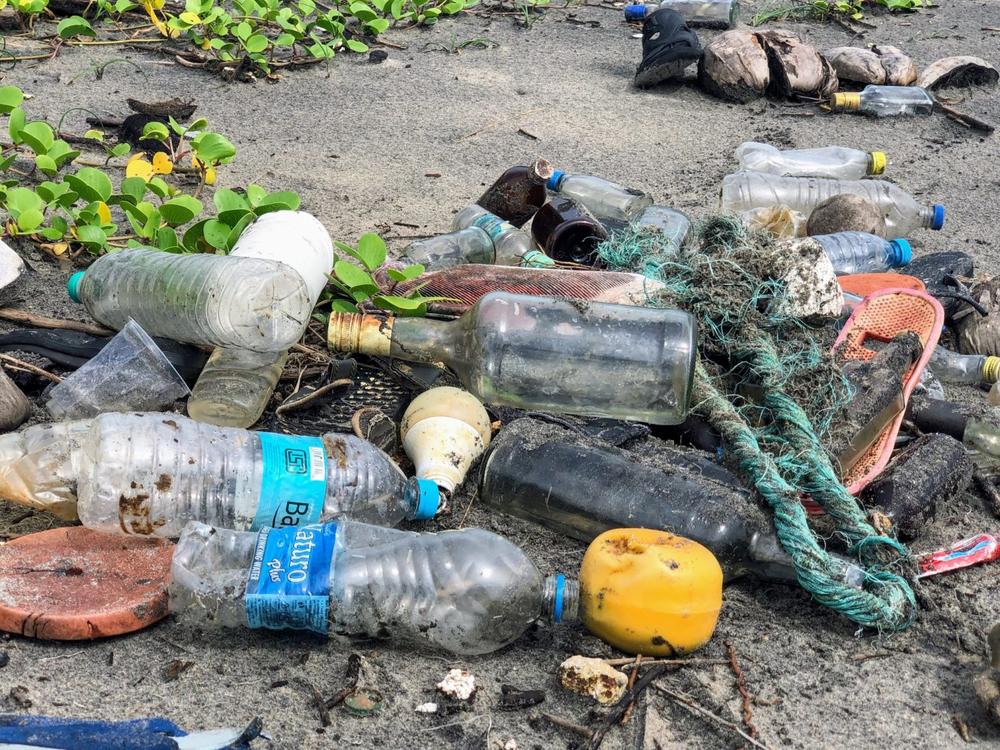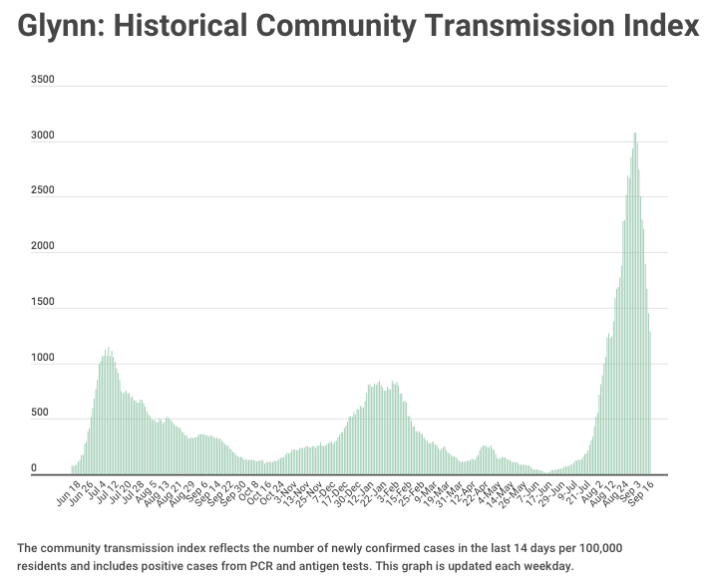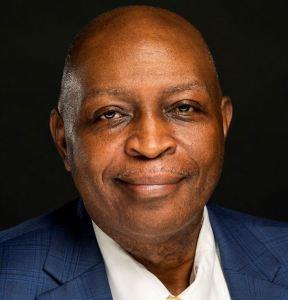
Caption
For decades, thousands of students and young people from around the state have made the Golden Isles ground zero for the two-day party accompanying the Georgia-Florida football rivalry game, set this year for Oct. 29 and 30.
Credit: Unsplash




